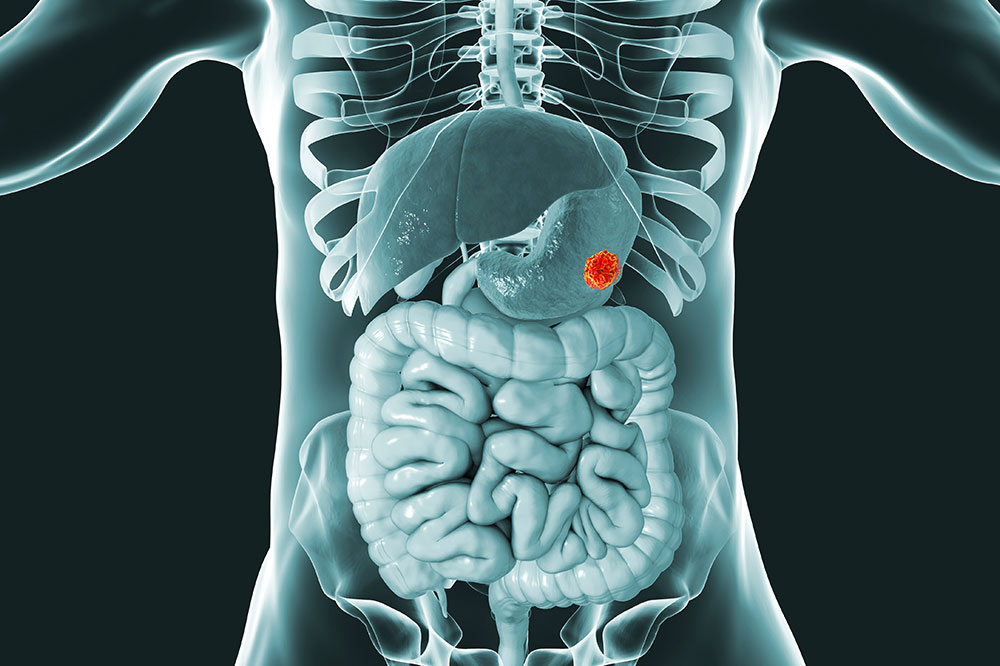
GIST- Symptoms, causes and treatment options
A gastrointestinal stromal tumor (GIST) is a type of tumor formed by the abnormal growth of cells in the gastrointestinal linings. The tumor can be observed anywhere along the digestive tract, but it is most commonly observed in the stomach and small intestine. The abnormally growing cells have the potential to develop into cancer, and therefore must be addressed immediately.
Signs and symptoms of GIST
As the symptoms aren’t obvious, in most cases, this condition goes undiagnosed for a long period of time. When the condition progresses, the tumor increases in size, and the following symptoms are observed:
- Abdominal pain and discomfort
- Bowel obstruction
- Loss of appetite
- Small bumps felt through the skin of the abdomen
- Nausea and vomiting
- Fatigue
- Weight loss
Causes of GIST
The abnormal tumor is typically observed in special cells in the body known as interstitial cells of Cajal (ICCs). These cells lead to involuntary movements that occur in the gastrointestinal tract. According to studies, it is assumed that this abnormality in cells is induced due to certain mutations in the DNA. Such mutations result in the improper behavior of the enzyme tyrosine kinase (KIT).
Treatment options for GIST
Once the condition is diagnosed, the doctor may prescribe a course of treatment depending on the severity. Here are some common treatment options for GIST:
- Surgery
Surgery is the first option considered in any type of tumor. However, if the cancerous cells have spread to lymph nodes, a single surgery would be ineffective in many cases. Therefore, surgery will not be used as a stand-alone treatment option. - Chemotherapy and radiation
For aggressive GISTs, one cannot get rid of them with surgery alone. Doctors will suggest chemotherapy or radiation therapy to destroy cancer cells and prevent these cells from growing back. This type of therapy is known as adjuvant therapy. Just like surgery, adjuvant therapy has not shown any promising results in patients with GIST either. - Targeted therapy
When conventional methods of GIST treatment become ineffective, doctors try and treat the condition with newer solutions that work better. Several targeted drugs have been curated to focus on certain genes in the affected cells and inhibit the growth and spread of the cells. Certain medications like imatinib, sunitinib, and regorafenib help block the KIT proteins, preventing the growth of tumor cells.


